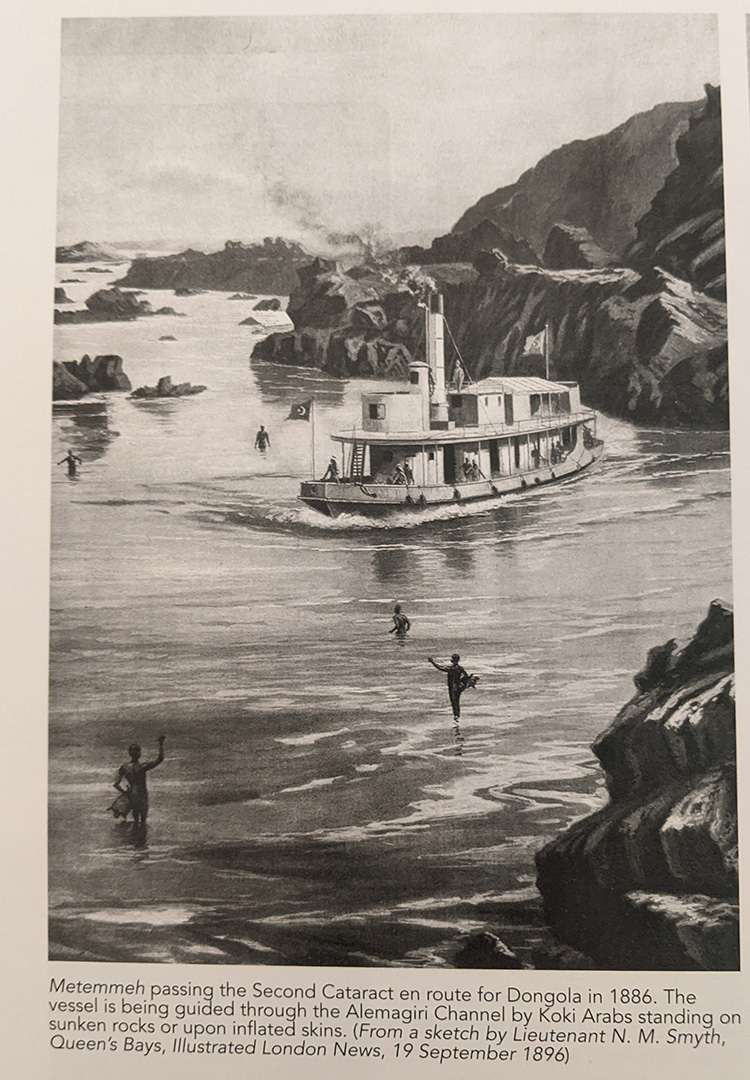
Good evening and welcome to this week’s dev diary! Today’s topic is colonization, which in Victoria 3 terms means the process of establishing and expanding colonial states in regions owned by Decentralized nations.
The pith helmet became popular among British forces following the Anglo-Sikh wars, being widely adopted in tropical regions. The helmet has become synonymous with 19th and 20th Century colonial conquests and expeditions.


To establish colonies, you must have researched the Colonization technology, a tier 1 technology common to many recognized powers at game start. This unlocks Colonization laws as well as the Colonial Affairs Institution, which affects how quickly your colonies will grow.
In 1884 the Berlin Conference initiated the Scramble for Africa. Hungry for new resources and global dominance, the great powers divided the continent between themselves and began a relentless campaign of conquest and colonization, establishing colonial governments to oversee their new domains.


You can establish colonies in strategic regions where you have declared an Interest, and within those strategic regions you can colonize a state region in which at least one state is controlled by a Decentralized nation. Once you’ve selected a location, one of the provinces in that state region will be the starting point for your colony. Having a colony in a state region does not give you a monopoly on it; other colonial powers can create competing colonies, resulting in split states and messy borders that are sure to generate diplomatic tensions in the future.
Colonial States are a special kind of state that is created by establishing a colony in a Decentralized nation or conquering territory from an Unrecognized power. A Colonial State that borders a non-colonial state belonging to the same country will lose its colonial status and become a regular unincorporated state. Colonial States have a bonus to migration attraction and are affected by certain modifiers from colonial laws and the Colonial Affairs institution. Since Colonial States cannot be incorporated, your institutions do not apply there, and pops living in these states cannot be taxed and will have very little political power to contribute to Interest Groups.
Now, why would you want a colony? Primarily, you’d want colonies to gain access to more natural resources that you may be lacking at home, especially goods required for more advanced manufacturing Production Methods like rubber and dye. Once your colony expands enough that it’s the largest State in its State Region, it will become part of your National Market, giving you direct access to the goods it produces assuming that you ensure market access. Many European powers have little opportunity for aggressive expansion in their homelands, as wars there could become very unpredictable and destructive. And of course, any territory you don’t colonize yourself may fall into the hands of your rivals!
A handy progress bar lets you know how soon your colony will expand, with the corresponding tooltip and nested tooltip breaking down in increasing detail exactly why it is growing (or not growing!) at the current rate.


Early in the game, the colonization of most regions will be a very long and painful process due to the prevalence of malaria and other hostile conditions. The technology of the time did not allow the European colonial powers to penetrate far into Africa, but with the development of quinine and malaria prevention techniques this would cease to be the obstacle it once was. In Victoria 3, you will need to develop your medical technology and invest in your institutions to overcome harsh penalties to colonial growth in the most inhospitable regions.
Now of course you can’t expect to claim and exploit vast swathes of land without some resistance from the people who live there. While a colony is growing, it has a chance to generate Tension with neighbouring Decentralized nations. If Tension rises too high, the Decentralized nation will begin a Native Uprising - a kind of Diplomatic Play - against you to retake their homeland and expel the invaders. Tension will slowly decay, but on average you can expect the factors advancing Tension to eventually outweigh its decay rate. Though it is very likely that the native inhabitants will be technologically outmatched by a colonial power, there are some factors that give them a fighting chance. Firstly, the colonial power needs to manage the logistics of transporting an army to the region while the Decentralized nation has the home advantage. Secondly, other nations with an Interest in the region can join the Diplomatic Play on either side. If France, for instance, has their own designs for dominance over West Africa they might decide to support Kaabu in their struggle against British encroachment.
Colonial laws are typically supported by the Armed Forces due to their Jingoist ideology, which causes them to advocate for an aggressive and expansionist foreign policy. The Industrialists, ever seeking new sources of profit, especially favor Colonial Exploitation, while the Rural Folk fear for their livelihoods if their agricultural jobs are replaced by cheap colonial labor.

Let’s sum this up: once you have the appropriate technology and laws, you can start a colony in a Decentralized nation and it will slowly expand over time. The rate of growth is determined largely by your level of investment in Colonial Affairs and the population of your incorporated states. As your colonies grow, they generate Tension with nearby Decentralized nations which can eventually lead to a Native Uprising.
Next week I’ll be handing you over to Ofaloaf of Monthly Update video fame, who will talk in more detail about the Decentralized nations of Victoria 3’s world map.




